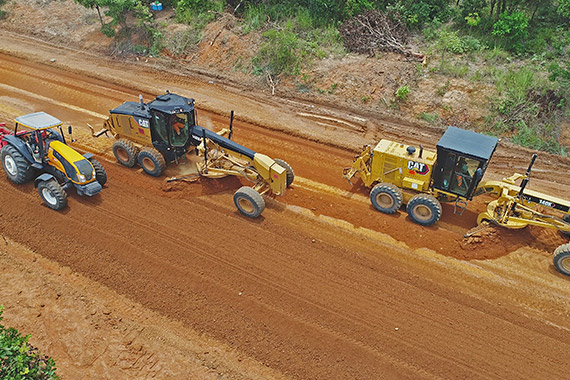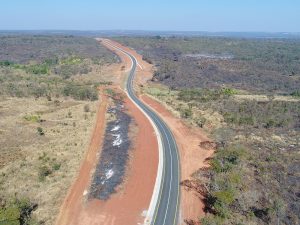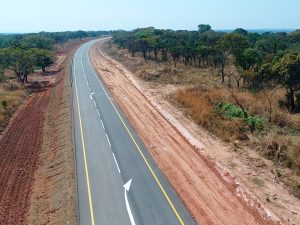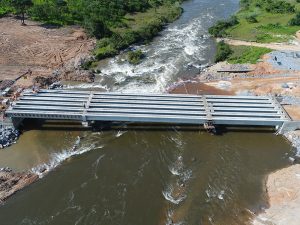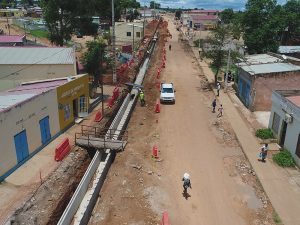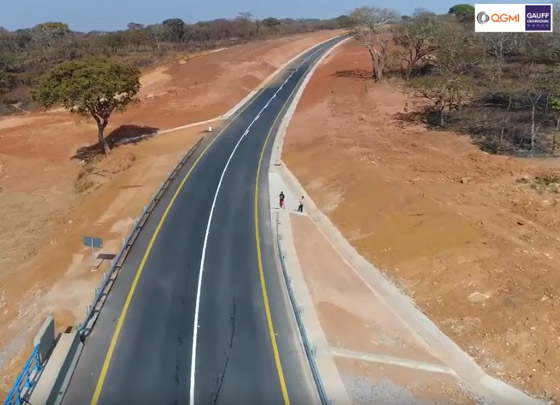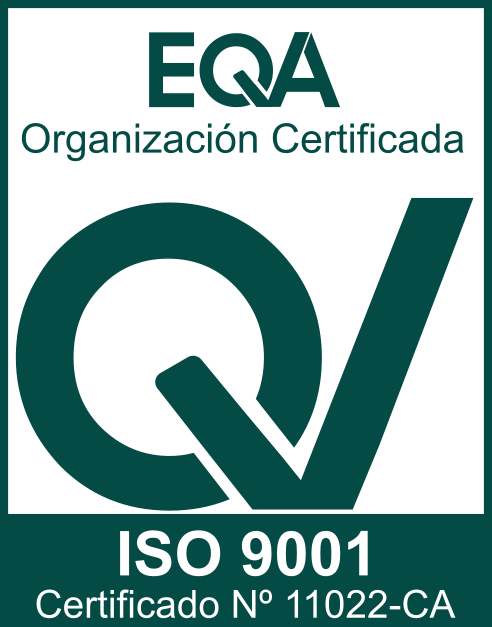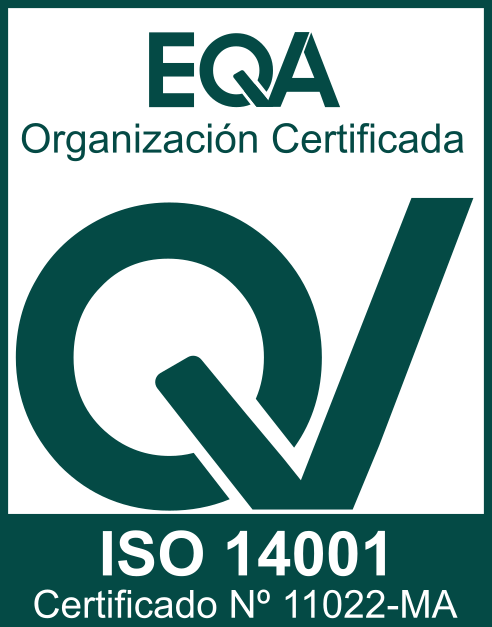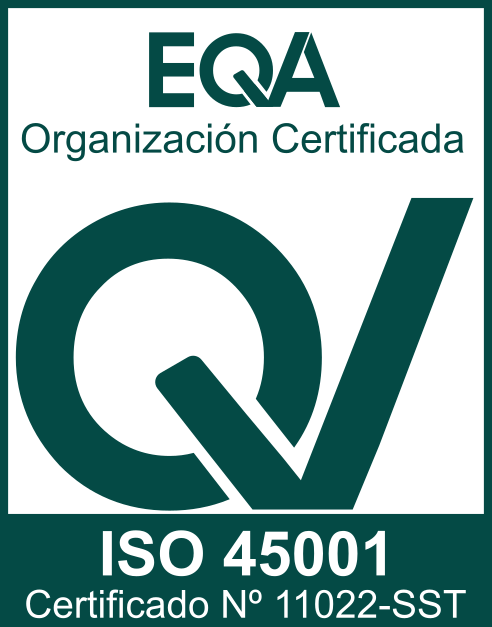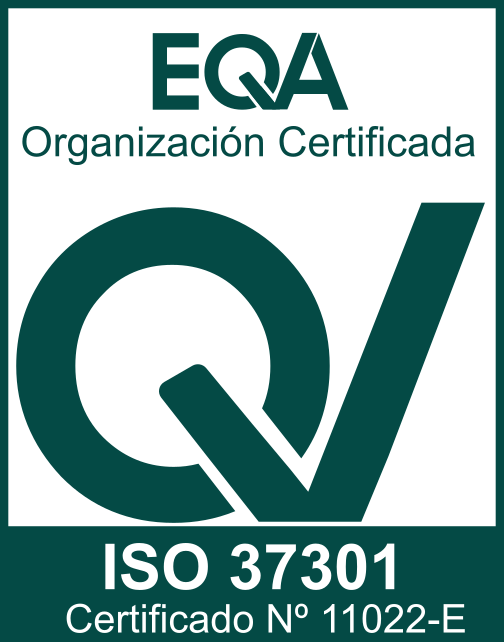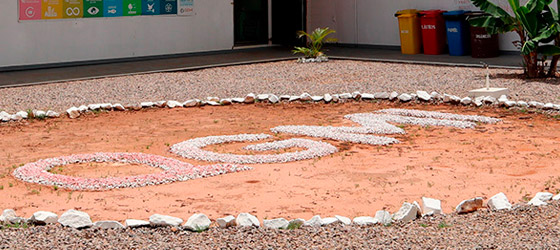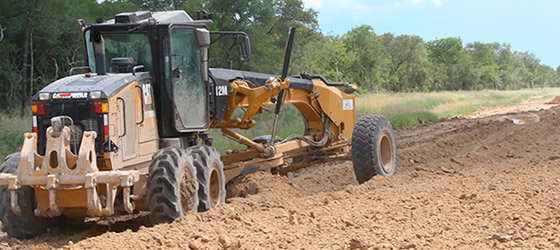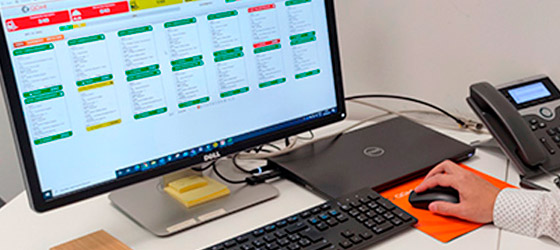Axe routier de Luau-Cazombo-Lumbala
ANGOLA
JUSTIFICATION DU PROJET
Les municipalités de Luau, Cazombo et Lumbala, dans la province de Moxico, sont complètement isolées pendant la saison des pluies en raison du mauvais état des routes existantes. C’est pourquoi la réhabilitation est nécessaire pour améliorer les conditions de transport à l’intérieur du pays, promouvoir la croissance de la région et améliorer la qualité de vie de la population.
L’étendue des travaux comprendra:
- Réhabilitation de 247 km de l’axe EC192/EN250/EC254/EC382 entre Luau et Cazombo et Cazombo et Lumbala.
- Construction de trois ponts sur le tronçon Luau-Cazombo et de quatre ponts sur le tronçon Cazombo-Lumbala.
- Signalisation verticale.
- Systèmes d’évacuation des eaux.
Le projet sera élaboré conformément aux normes de performance environnementale et sociale de l’IFC et aux réglementations nationales en vigueur. Sa mise en œuvre permettra à cette région de bénéficier de meilleures liaisons routières entre les villes et permettant un meilleur accès aux services essentiels. Il permettra également d’optimiser le temps de trajet entre ces municipalités et d’améliorer la sécurité routière pour les automobilistes.
